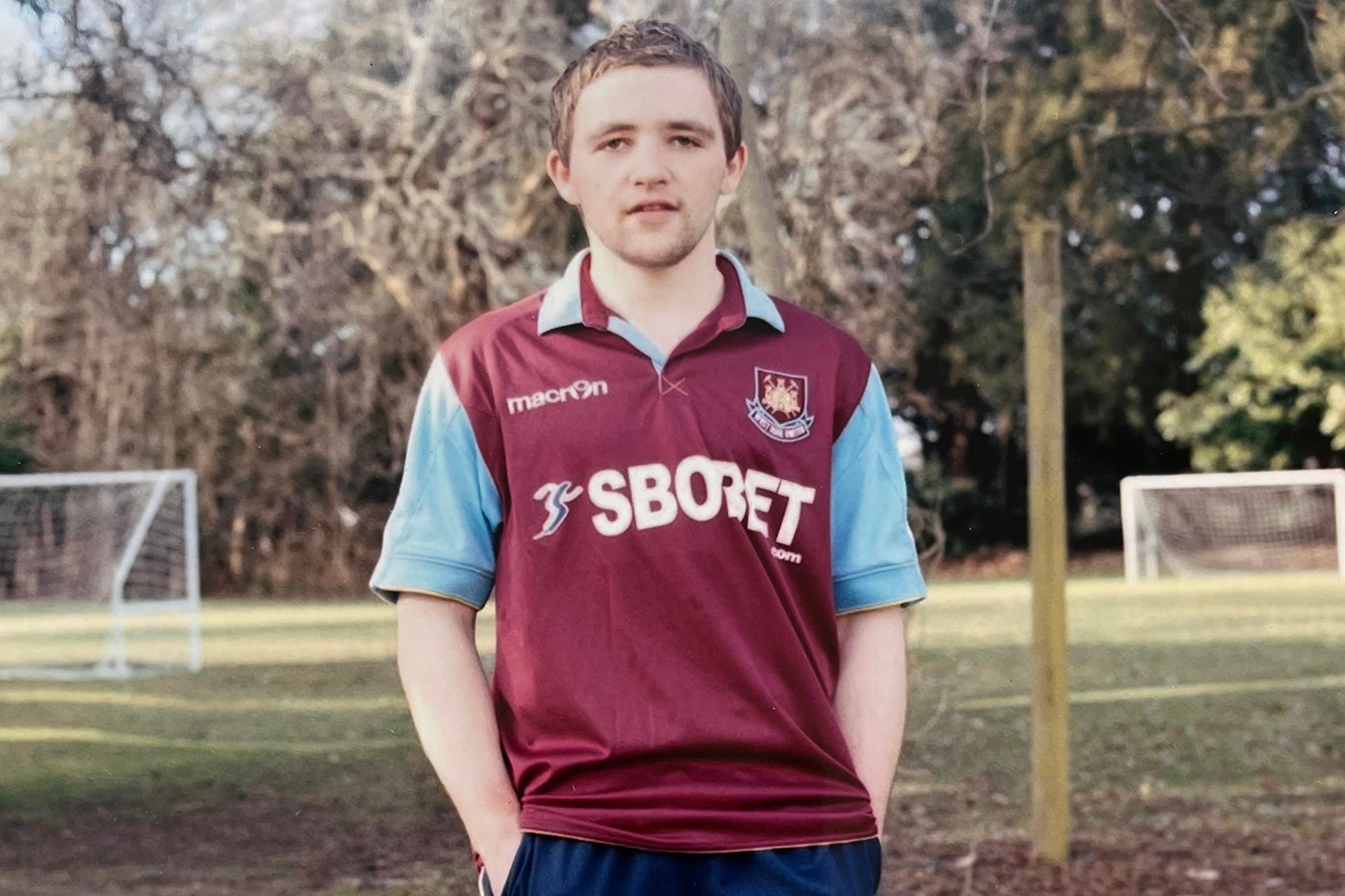An extraordinarily cruel way to care for the vulnerable
Editorial: If the true measure of any society is in how it treats its most needy, the ease with which Britain ‘warehouses’ thousands of autistic people in permanent solitary confinement – as revealed today by The Independent – is nothing short of a national scandal

The story of Nicholas Thornton, as The Independent reveals today, is as distressing as it is instructive as to the state of Britain’s provision of mental health care.
This 28-year-old man has been in long-term segregation (LTS) – a kind of solitary confinement – under mental health legislation, since the age of 16. He is presently accommodated in a windowless room, which he cannot leave and where he spends 24 hours a day. Bedbound, he can only communicate via a keyboard.
Mr Thornton is autistic and has a learning disability. He has lived a life of dislocation, and his “treatment” has certainly not been effective. Shockingly, there are around 2,000 people locked away in similar long-term segregation, their individual needs seemingly disregarded. It is a scandal reminiscent of the worst days of the lunatic asylums before the Enlightenment.
For these “patients”, getting “sectioned” seems not dissimilar to being sentenced and sent to indefinite solitary confinement. Even convicts incarcerated for the most serious offences do not suffer that.
Sheila Hollins, a crossbench peer and an expert in the treatment of autistic and learning disabled people, was asked in 2019 by Matt Hancock, the then health secretary, to chair the Oversight Panel’s review of the Independent Care (Education) and Treatment Reviews. As her report now reveals, the authorities have not corrected the “systemic failings” that are leading to people with learning disabilities and autism being “warehoused” and locked away in “inhumane” hospital wards.
It is rare, if not unprecedented, for the chair of a government-commissioned review to conclude that their experiences have left them with a broken heart. But such is the extraordinary treatment of some autistic and learning disabled people that Baroness Hollins has done just that.
As she says in the report, she finds the situation disappointing, to say the least: “My heart breaks that, after such a long period of work, the care and outcomes for people with a learning disability and autistic people are still so poor, and the very initiatives which are improving their situations are yet to secure the essential funding required to continue this important work.”
It is no surprise that Baroness Hollins has told Mr Hancock’s successor, Steve Barclay, to take action to end the “inhumane” treatment of patients with learning disabilities and autism. These people are being locked in hospitals for decades under LTS, a system that has been proved to be unnecessary and, indeed, counterproductive.
However, there is a sense in which reviews such as this one, though no doubt sincere in its commissioning and its execution, are sometimes cynically deployed by politicians in a tight corner who have neither the authority nor the desire to launch initiatives of their own to fundamentally reform a system that is obviously not working.
Like prison inmates, those who are held in institutions for people with mental disabilities are locked away – and out of sight means out of mind, both for ministers and for voters. With little in the way of an electoral incentive to improve the lot of these patients, they are forgotten.
Despite frequent pledges of goodwill and the occasional flash of prime-ministerial concern, this area of healthcare remains shamefully neglected. Theresa May, as prime minister, was the last to attempt to raise its profile, but with her departure from office, much of the momentum was lost, though funding improved.
New mental health bills were promised in the Conservative manifesto in 2017 and again in 2019 – but now, in probably the last King’s Speech before the election, it is clear that the last opportunity for action has been wasted.
As all those involved in the system agree, the provisions of the Mental Health Act (1983) have not kept pace with clinical developments, or with improving social attitudes. It needs to be replaced – but this will have to wait, yet again, for a change of administration.
The 1983 act replaced the 1959 act, which was the one that gave us the ugly term “section” to describe an involuntary emergency detention. Before that, the last piece of major legislation dealing with “insanity” had been passed in 1938. It is not an area that has ever been particularly fashionable; nor has it attracted the attention of ambitious politicians.
There are, however, reasons for some optimism. Attitudes are changing, as awareness of conditions such as autism spectrum disorder improve, and there is much more genuine acceptance now that mental health should be afforded the same status as physical health, and be more fairly funded.
Baroness Hollins’s praiseworthy report makes a number of recommendations on LTS that will surely form part of the next mental health act: that solitary confinement should become an NHS England “never event” for all children and young people; the urgent introduction of minimum standards for the use of solitary confinement, in any case, limiting it to 15 days; and the mandatory reporting of all and every use of solitary confinement.
Such reforms could one day make the ambitious words of politicians a reality – but that will still be too late for those damaged by their “care”.






Join our commenting forum
Join thought-provoking conversations, follow other Independent readers and see their replies
Comments